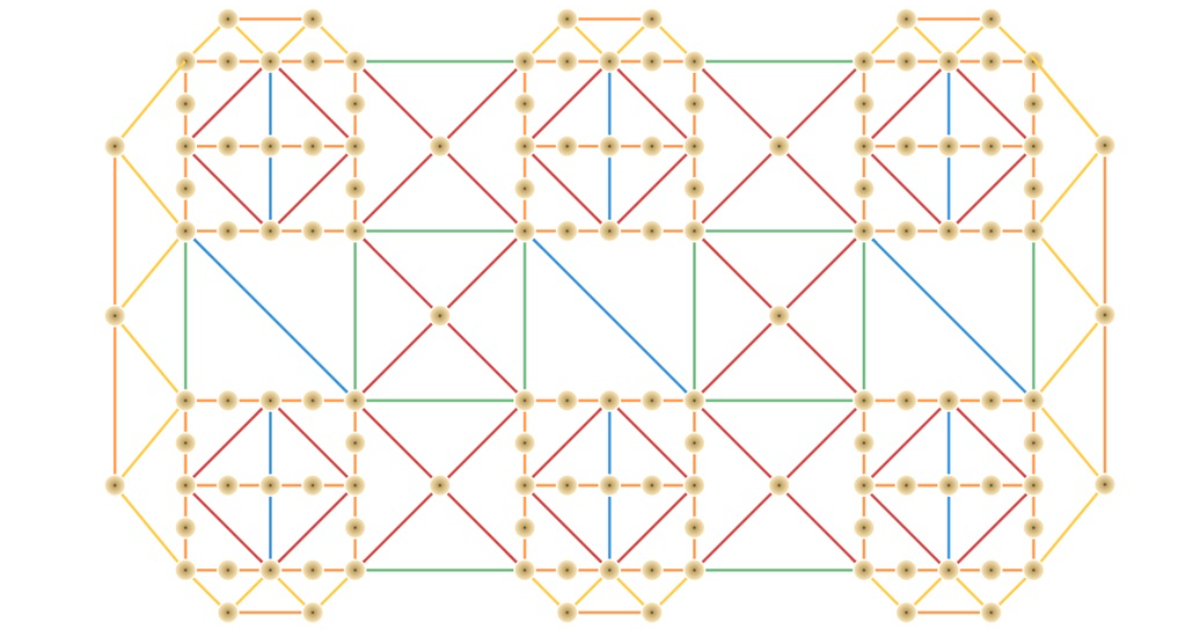Thinking Machines has released Tinker, an API for fine-tuning open-weight language models. The service is designed to reduce infrastructure overhead for developers, providing managed scheduling, GPU allocation, and checkpoint handling. By abstracting away cluster management, Tinker allows fine-tuning through simple Python calls.
Tinker supports a range of architectures, from small models to large mixture-of-experts systems such as Qwen-235B-A22B. Developers can fine-tune models by changing a single string in Python code. The API provides primitives like forward_backward and sample, which serve as flexible building blocks for post-training methods. The platform integrates LoRA to enable efficient GPU memory use across parallel fine-tuning runs, making it practical for research groups and teams working with limited resources.
The company has also released the Tinker Cookbook, an open-source repository that implements common fine-tuning techniques using the API. This includes reinforcement learning approaches and preference optimization workflows. Early users from Princeton, Stanford, Berkeley, and Redwood Research have applied Tinker to tasks ranging from theorem proving to chemistry reasoning and multi-agent reinforcement learning.
Tinker enters a space with other fine-tuning solutions like Hugging Face’s Trainer API, OpenAI’s fine-tuning endpoints, and MosaicML’s Composer. While those frameworks provide higher-level abstractions or focus on specific training pipelines, Tinker emphasizes exposing lower-level primitives that can be composed into new methods, giving developers more control without requiring them to manage infrastructure.
Initial community feedback highlights this balance between flexibility and simplicity. AI professional Ignacio de Gregorio commented:
This is absolutely amazing. RLaaS is what enterprises are missing, and this delivers while outsourcing the most anti-enterprise part (distributed training).
Thinking Machines founder, Mira Murati posted:
Tinker brings frontier tools to researchers, offering clean abstractions for writing experiments and training pipelines while handling distributed training complexity. It enables novel research, custom models, and solid baselines.
Tinker is currently in private beta. Early access is free, with usage-based pricing expected later. Developers and research groups can request access directly from Thinking Machines.









